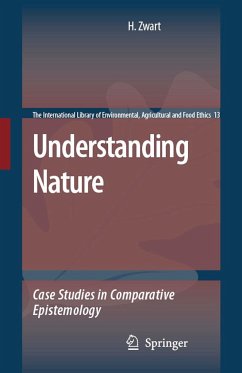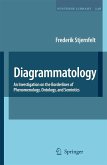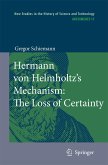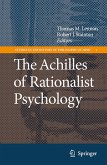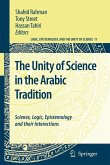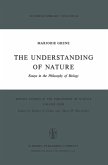Science is not the only route to understanding nature. This volume presents a series of case studies in comparative epistemology, critically comparing the works of prominent representatives of the life sciences, such as Aristotle, Darwin, and Mendel, with the writings of literary masters, such as Andersen, Melville, Verne, and Ibsen. It constitutes a major contribution to the growing field of science and literature studies.
This summons clearly resonates with the "archetypical image" associated with water as a basic element, discussed in Chapter 2, water as the element of freedom, of mobility, of widening one's horizon. Although Nietzsche himself refrained from doing what he summoned others to do, scientists like Darwin and novelists like Melville actually went to sea. Darwin, although regarded by Nietzsche as an arid 6 and mediocre mind, exposed himself to the experience of a long-term trans-oceanic voyage in the course of which he did discover new worlds, new justifications, new moral watchwords even ("struggle for life") that were to have a tremendous impact on science, philosophy and even culture at large. Other perspectives are present in Moby-Dick as well, such as the theologian's one, depicting the whale as the biblical Leviathan and the ocean as that part of the world where the great flood never abated. Indeed, the interpretation of marine p- nomena in Biblical terms is more or less omnipresent in the novel and also resounds in the views and language of the philosophical sailor and story-teller Ishmael. But what about the novelist's whale? Actually, there is not one novelist's whale. Ishmael-the-narrator unmistakably sides with the whaler's point of view, but Melville-the-author is interested in, and tries to do justice to, a plurality of voices.
This summons clearly resonates with the "archetypical image" associated with water as a basic element, discussed in Chapter 2, water as the element of freedom, of mobility, of widening one's horizon. Although Nietzsche himself refrained from doing what he summoned others to do, scientists like Darwin and novelists like Melville actually went to sea. Darwin, although regarded by Nietzsche as an arid 6 and mediocre mind, exposed himself to the experience of a long-term trans-oceanic voyage in the course of which he did discover new worlds, new justifications, new moral watchwords even ("struggle for life") that were to have a tremendous impact on science, philosophy and even culture at large. Other perspectives are present in Moby-Dick as well, such as the theologian's one, depicting the whale as the biblical Leviathan and the ocean as that part of the world where the great flood never abated. Indeed, the interpretation of marine p- nomena in Biblical terms is more or less omnipresent in the novel and also resounds in the views and language of the philosophical sailor and story-teller Ishmael. But what about the novelist's whale? Actually, there is not one novelist's whale. Ishmael-the-narrator unmistakably sides with the whaler's point of view, but Melville-the-author is interested in, and tries to do justice to, a plurality of voices.
From the reviews: "Hub Zwart's Understanding Nature is a project designed as a defense of epistemology reformulated as a comparative practice that conceives knowledge as a process undertaken by a range of disciplines and practices to apprehend the constitutive features of complex phenomena. ... the great strength of Understanding Nature is Zwart's fascinating and provocative readings of philosophers, novelists, poets, scientists, and dramatists. ... it is a study of the limits and uniqueness of the perceptual vantages that give rise to scientific and literary forms of expression." (Christopher C. Robinson, Journal of Agricultural and Environmental Ethics, Vol. 22, 2009)

